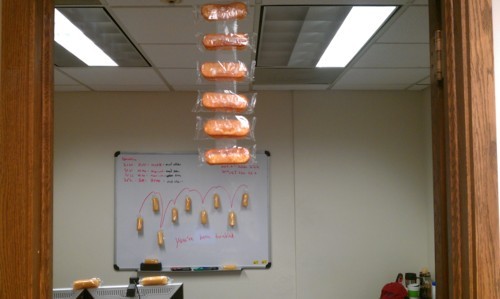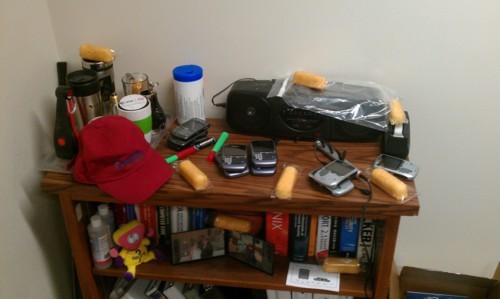Today is the 2,061st anniversary of the crossing of the Rubicon by Caesar.
It got me thinking about how it is recorded in history and what it can teach us about decision making skills.
I know of two places it is prominently recorded:
The Life of the 12 Caesars has it recorded like this:
When he came to the river Rubicon, which parts Gaul within the Alps from the rest of Italy, his thoughts began to work, now he was just entering upon the danger, and he wavered much in his mind, when he considered the greatness of the enterprise into which he was throwing himself. He checked his course, and ordered a halt, while he revolved with himself, and often changed his opinion one way and the other, without speaking a word. This was when his purposes fluctuated most; presently he also discussed the matter with his friends who were about him, (of which number Asinius Pollio was one,) computing how many calamities his passing that river would bring upon mankind, and what a relation of it would be transmitted to posterity. At last, in a sort of passion, casting aside calculation, and abandoning himself to what might come, and using the proverb frequently in their mouths who enter upon dangerous and bold attempts, “The die is cast,” with these words he took the river. Once over, he used all expedition possible, and before it was day reached Ariminum, and took it.
Plutarch’s Life of Caesar has it recorded like this:
Then, overtaking his cohorts at the river Rubicon, which was the boundary of his province, he paused for a while, and realising what a step he was taking, he turned to those about him and said: “Even yet we may draw back; but once cross yon little bridge, and the whole issue is with the sword.”
Caesar showed his true decision making and leadership skills here (while deciding to start a civil war).
Caesar did the three things it takes to make a good decision:
- He took time to himself to think about his choices and the consequences of his actions.
- He inquired of his mentors and advisors.
- He calculated the odds and decided the risk was worth the reward.
When it came down to it Caesar didn’t have a clear answer if crossing the Rubicon was 100% going to work but he had put enough thought and time into the decision making process that he knew it would gain him more than doing nothing. It ended up gaining him the world.





